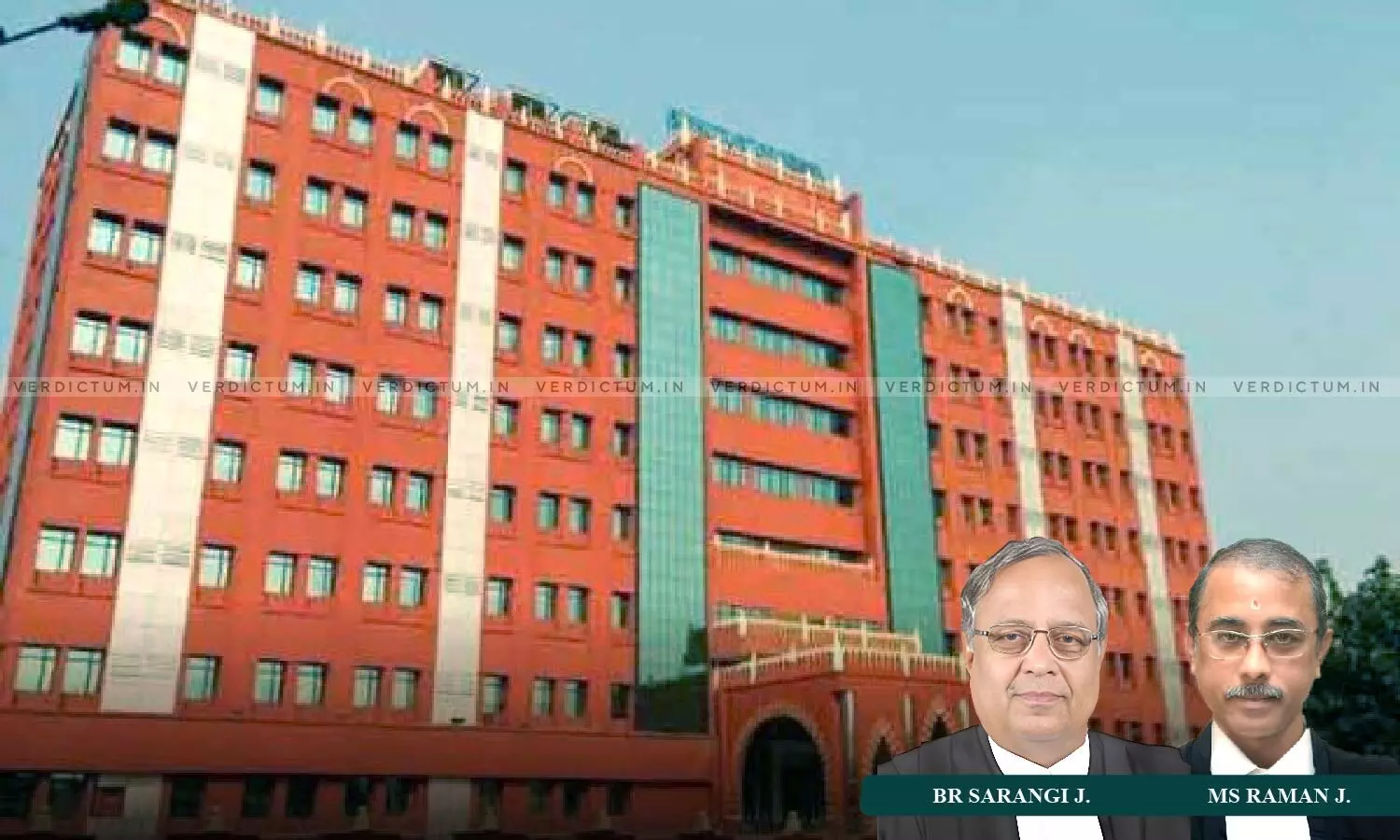
Daughter Has Right To Get Father’s Property Even If He Died Before 2005 Amendment Under Hindu Succession Act: Orissa HC Reiterates
 |
|The Orissa High Court has reiterated that the daughter has a right to get the property of the father from the date of amendment under the Hindu Succession Act. It said that the daughter has a right even if her father died before the 2005 Amendment.
A Division Bench of Justice B.R. Sarangi and Justice M.S. Raman observed, “… this Court is of the considered view that the Claims Commission has committed error apparent on the face of the record by passing the order impugned denying benefit to the daughter relying upon Prakash and Mangammal (supra). … Since the judgment, basing upon which the Larger Bench has passed the order impugned, has no effect at this point of time, in view of the fact that the Amendment Act, 2005 has already come into force and, as such, the interpretation thereof has to be given effect to. As such, the daughter has a right to get the property of her father from the date the Amendment Act came into force, i.e., in 2005.”
The Bench relied upon the case of Vineeta Sharma v. Rakesh Sharma and Others 2020 (II) OLR (SC) 569 : (2020) 9 SCC 1 whereby the Apex Court had held that daughter shall remain as coparcener throughout life, regardless of the question as to whether her father was alive when the law was amended in 2005 or not, stressing that the law has a retrospective effect.
Advocate P.K. Mohapatra appeared on behalf of the petitioner while Advocates A. Mishra, A. Khandal, and S.K. Mishra appeared on behalf of the opposite parties.
Factual Background -
The petitioner filed a plea seeking quashing of the order passed by the Claims Commission and issuing directions to the opposite parties to treat her as well as proforma opposite parties as co-sharers and co-parceners. She sought a declaration that they are entitled to equal share as that of the sons in the ancestral property of her deceased father.
The deceased father died on March 19, 2005, and post his death, the petitioner’s three brothers got the property mutated in their names under Section 19(1)(c) of the Odisha Land Reforms Act, 1960 which was challenged by the petitioner and her two sisters. She claimed an equal share in the said property and relied upon the provisions of the Hindu Succession (Amendment) Act, 2005. As a consequence, the Claims Commission decided the matter against the petitioner which was the subject matter of challenge before the High Court holding that the said Amendment Act had no application to the petitioner.
The High Court after hearing the submissions of the counsel for the parties noted, “The daughter is not given a right by birth in the joint family property. But in the States of Andhra Pradesh, Tamil Nadu and Maharashtra, the law is amended by inserting Sections 29-A, 29-B and 29-C and in Karnataka by inserting Section 6-A in the Hindu Succession Act, 1956. The Parliament, being inspired by the line of these four States, passed The Hindu Succession (Amendment) Act, 2005 for the whole of India. The amendment is that even in a joint family governed by the Mitakshara law the daughter of a coparcener is made as good a coparcener as a son. She has the same rights in the coparcenary property as she would have had if she had been a son.”
The Court said that a daughter has a right to agitate in respect of her share in the joint family property and that she carries the same liabilities and disabilities as a son does.
“As such, the coparceners have right to alienate for consideration, to demand partition, to joint possession and usufruct, to maintenance, to make Will of one’s interest, to restrain unauthorized disposal, to surrender one’s interest and to survivorship. Similarly, every coparcener is liable to repay the loans which were raised for the purposes of the family”, the Court held.
The Court, therefore, observed that the order passed by the Claims Commission cannot be sustained in the eyes of law and the same is liable to be quashed.
Accordingly, the Court allowed the plea, quashed the order, and remitted back the matter to the Claims Commission for its re-adjudication.
Cause Title- Yagnaseni Patel v. The General Manager, Mahanadi Coalfields Ltd. and Others